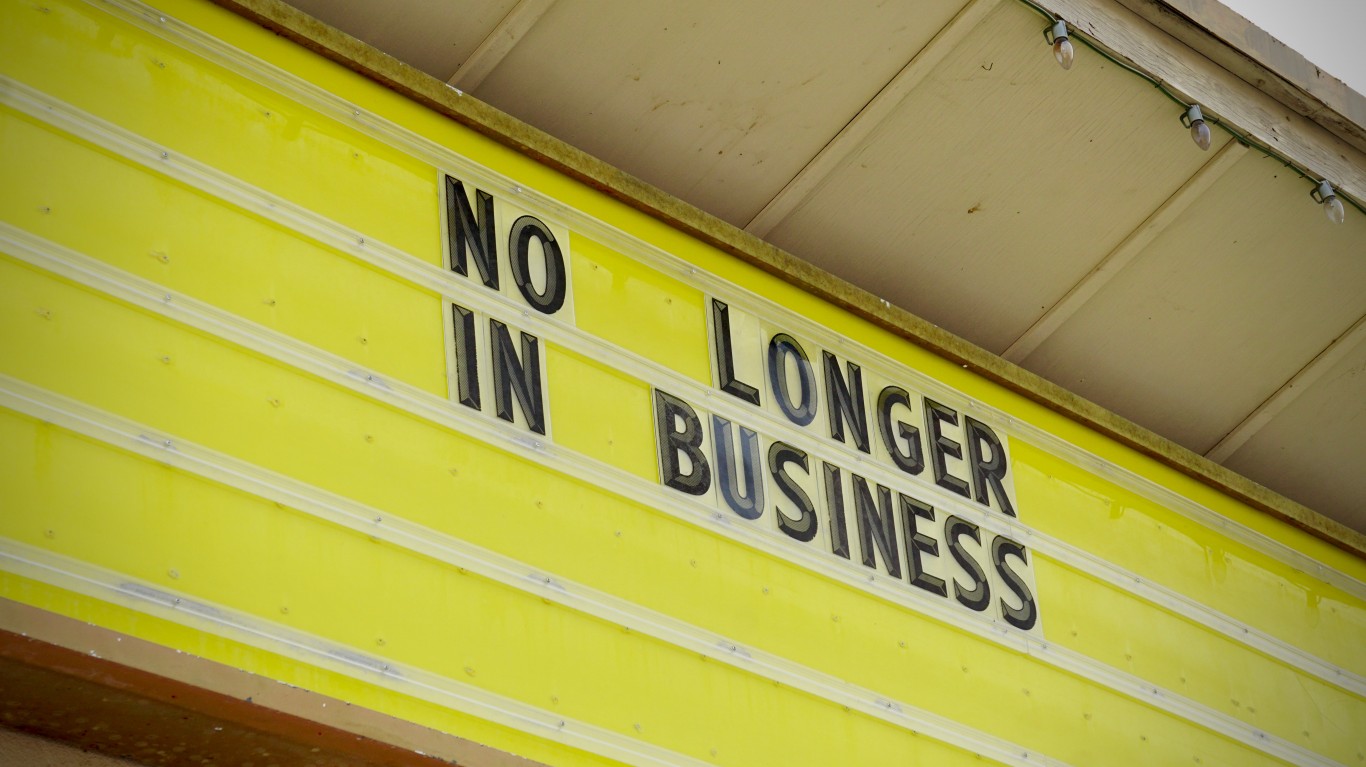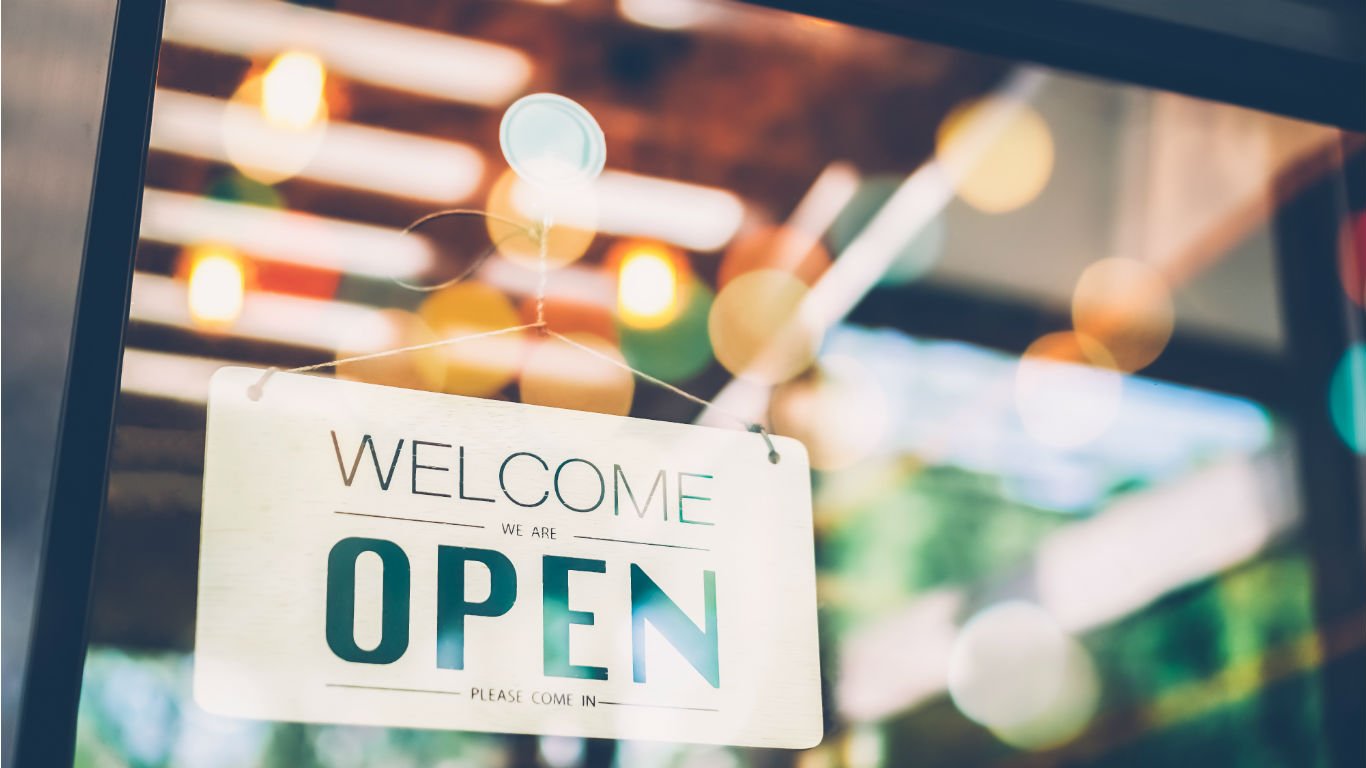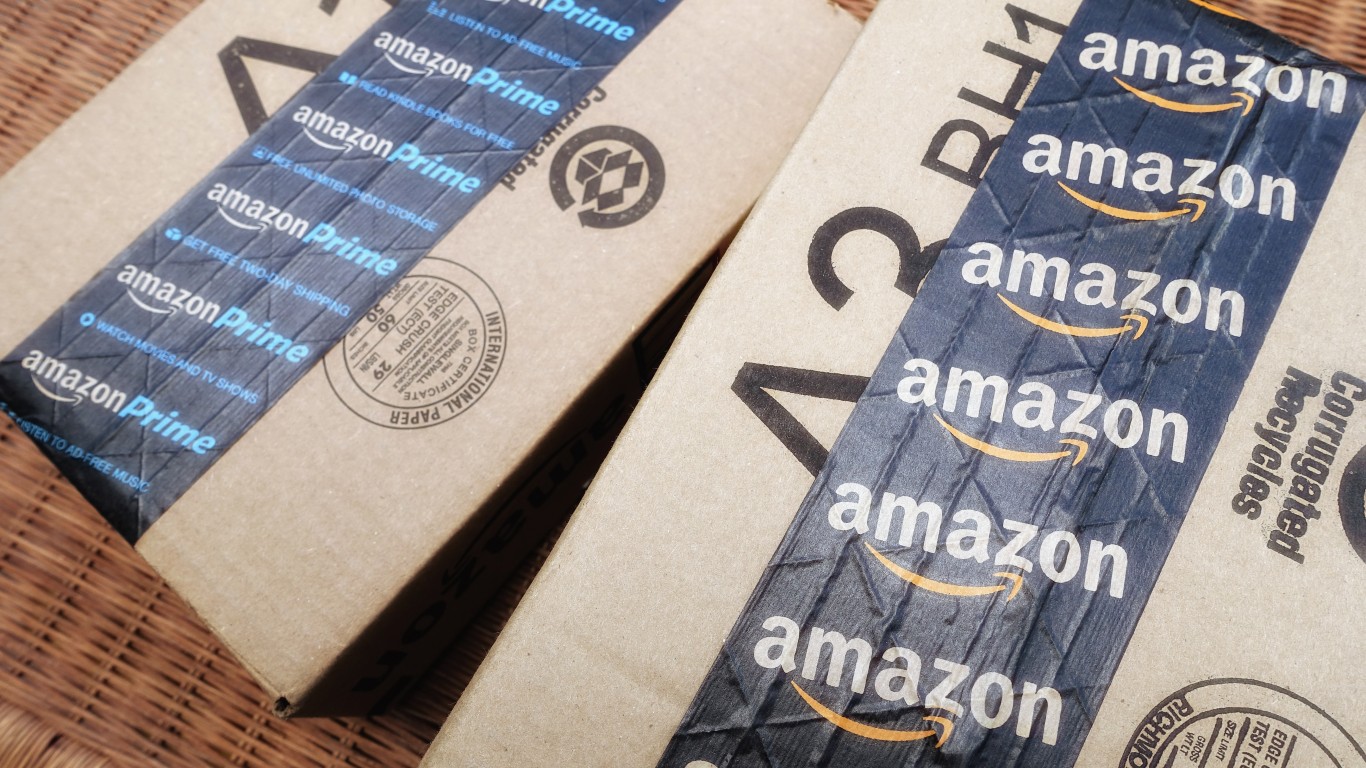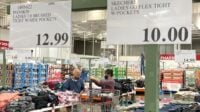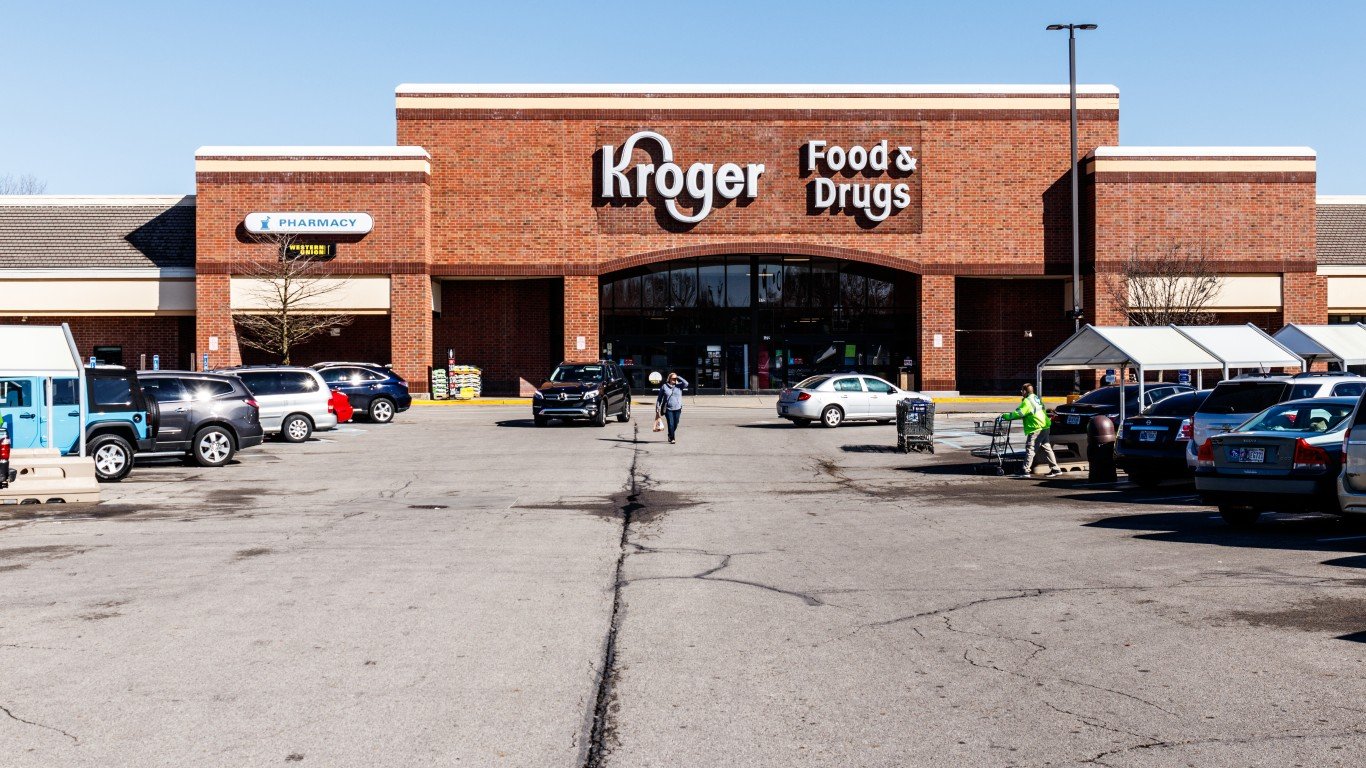

When it comes to ranking the greatest investors, Warren Buffett has ranked among the best investors of the modern era and he has previously held the title of being the world’s wealthiest man on paper. And when it comes to conglomerates, his Berkshire Hathaway, Inc. (NYSE: BRK-B) is the largest of them all with a $555 billion market cap. This is why investors praise and follow the moves of Buffett and any of the portfolio changes inside Berkshire Hathaway’s vast capital that is invested in public stocks.
Investors get to see the portfolio changes of Buffett and Berkshire Hathaway every quarter in the vast slew of 13F filings with the Securities and Exchange Commission. At the end of 2019, Berkshire Hathaway’s equity portfolio was valued at a whopping $242 billion. One of the top changes, aside from selling some key bank holdings, was that Buffett’s portfolio managers purchased approximately $550 million or so worth of shares in Kroger Co. (NYSE: KR).
Buffett has praised Jeff Bezos and Amazon.com Inc. (NASDAQ: AMZN), and Berkshire Hathaway even owns close to $1 billion worth of Amazon shares. With the rise of the so-called Amazon Apocalypse and Retail Armageddon, some investors would wonder why on earth Buffett would want to or allow his portfolio managers to risk over $500 million in a grocery store chain.
This is where investors need to understand that Buffett has historically been a deep value investor. The notes inside the actual 13F filing show that the entities under the Berkshire Hathaway umbrella that own the Kroger shares are Warren E. Buffett himself and National Indemnity Co. After Kroger shares popped at the start of November, Kroger spent the rest of the fourth quarter trading mostly between $27 and $29. It is possible that the purchases were made back when Kroger was trading under $25 at the start of the fourth quarter, but Buffett probably wouldn’t care if his purchase price was 10% higher or 10% lower in his own long-term value hunt.
It turns out that Kroger would fit into the acquisition patterns of companies that Berkshire Hathaway has rolled into its conglomerate structure. Despite the grocery store dilemma of operating on razor-thin margins, Kroger has the fortitude, size and merchandising that can survive in good times and bad times. Kroger is also likely to withstand the rise of Amazon’s Whole Foods, and the $13.7 billion that Bezos paid for Whole Foods compares to a current market cap of $ 22 billion for Kroger. And unlike the big-box retailers, shoppers do not have to pay an annual fee to buy groceries there.
Kroger is not en expensive stock compared to the stock market as a whole. Its valuation when Buffett bought the shares was likely 12 to 13 times expected earnings, handily lower than the 15 to 20 times expected earnings for most other S&P base economy companies.
It also turns out that Kroger decided years ago that it was not going to let Whole Foods run away with the rise of organic and natural foods, particularly after Whole Foods gobbled up its smaller rival of Wild Oats for less than $1 billion more than a decade earlier. Kroger began to have more private-label offerings that come with higher margins than traditional name-brand lines. Kroger also began to increase its own offerings of organic and natural foods, and if you compare the prices of any of those branded organics and naturals that are identical down to the same SKU numbers it turns out that Kroger is almost always selling it far cheaper than Whole Foods.
Another thing helping Kroger is that the modern era and the rise of online and omnichannel trends has not destroyed the grocery store model. Grocery chains like Kroger have adapted their model to include an in-store pharmacy and Kroger has many Starbucks stores inside its own store. Kroger has gone with pre-prepared foods for on-site or takeout dining, and it turns out the rise of the so-called “meal kits” that get delivered to your home have been able to be copied on-site and never became large enough to threaten the grocery store model.
Another issue that protects the grocery store model is that they allow for online shopping direct or through third parties, and shoppers can preorder and pick the order up themselves if they choose to or they can opt for delivery in many locations.
Thank you for reading! Have some feedback for us?
Contact the 24/7 Wall St. editorial team.
 24/7 Wall St.
24/7 Wall St.